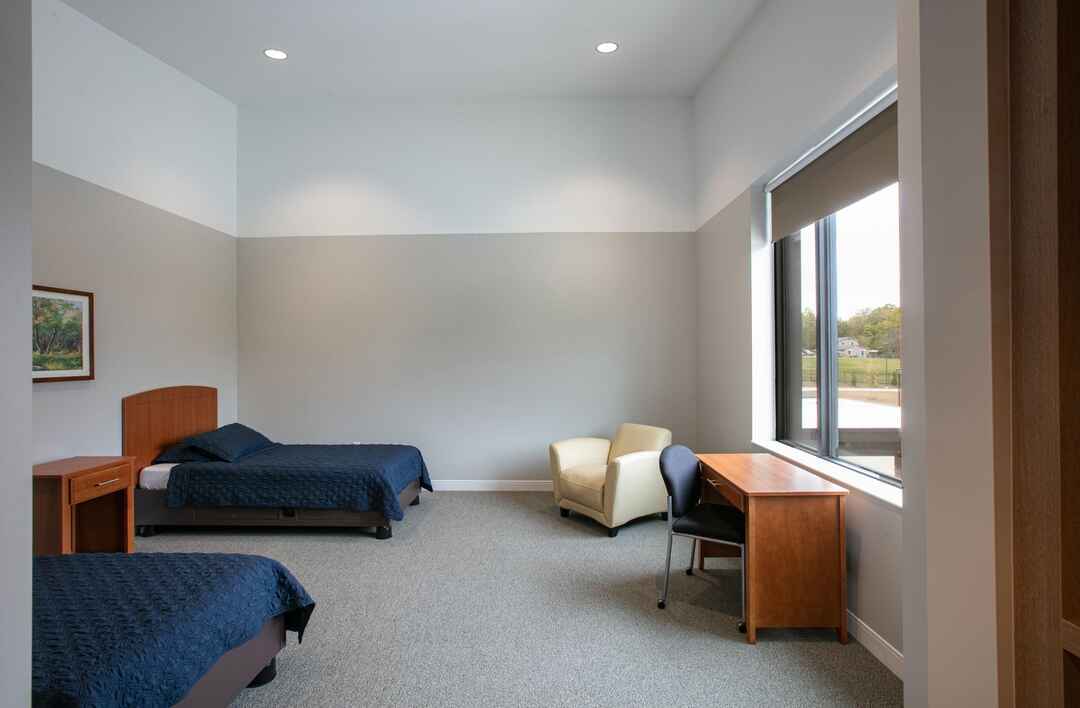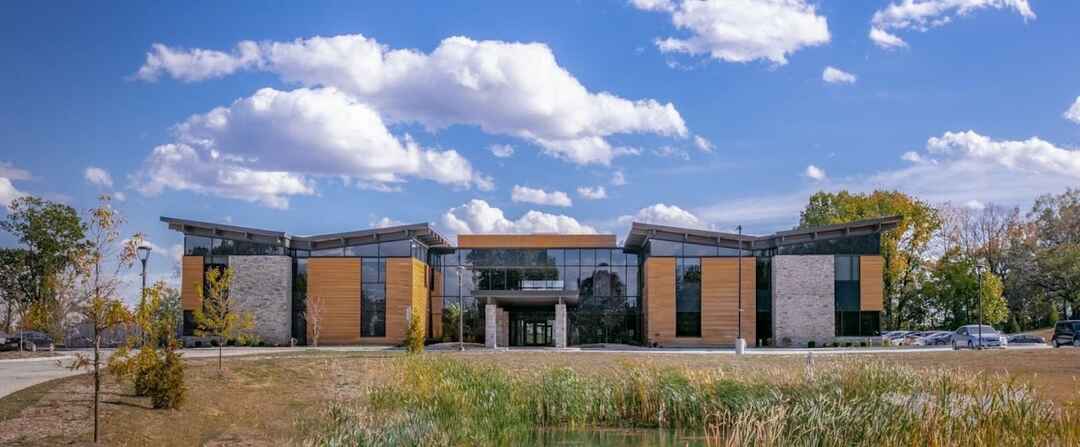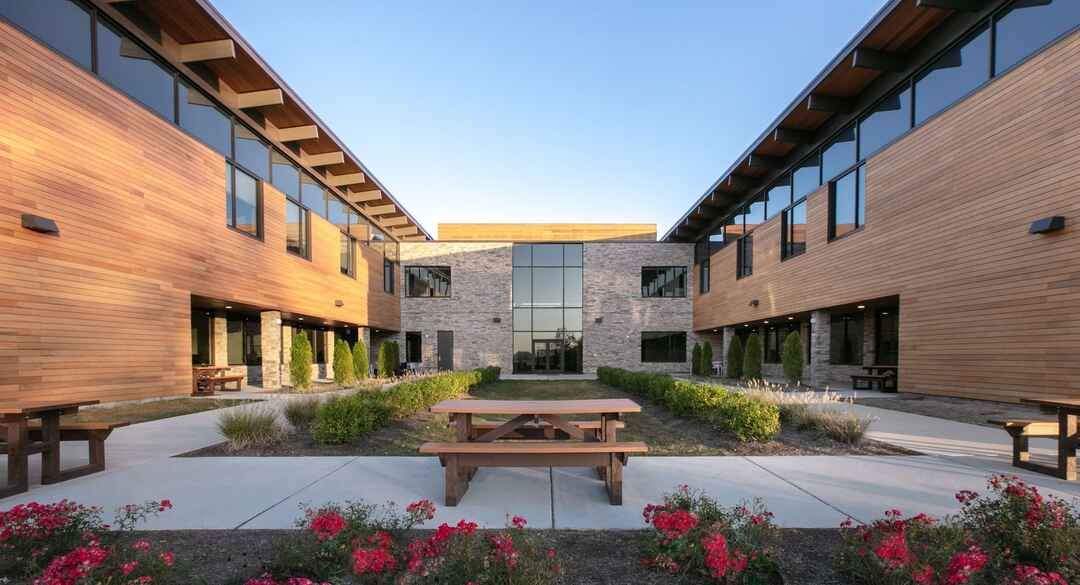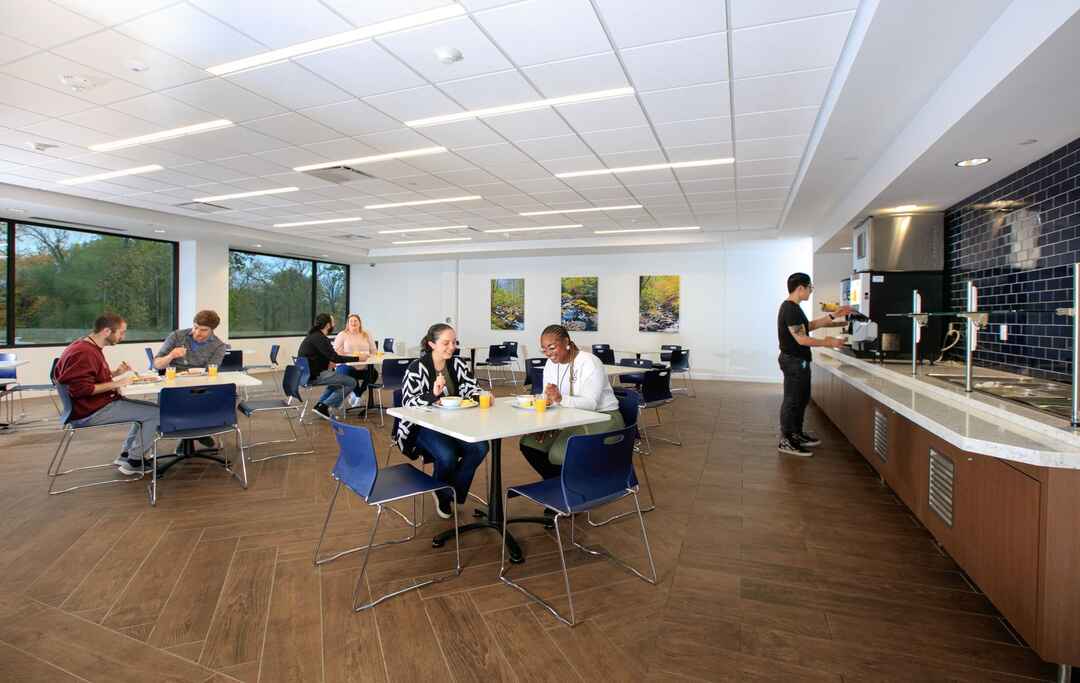About Harris House Treatment and Recovery Center – St. Louis
Harris House in St. Louis, Missouri, is a nonprofit traditional housing center that provides alcohol and drug addiction treatment to adults. Since 1961, they’ve provided treatment based on research and client feedback. Along with evidence based recovery services, they also offer holistic therapeutic approaches as a part of a patient’s individualized treatment plan. The programs available at this facility include detox, partial hospitalization (PHP) and inpatient (IP) and outpatient (OP) services.
Beyond treating addiction, Harris House helps clients to heal from mental health related issues. Counseling is provided for depression, anxiety and anger stress management. One thing that I like about this facility is that they provide patients with training in employment skills so they can better support themselves after recovery.
The intensive inpatient program is available to men and women who are 18 and older. Clients will participate in one individual counseling session and two group meetings every morning, and three additional group sessions in the afternoon and evening.
Harris House has two types of group sessions that are either process oriented or educational. The process oriented group sessions discuss issues such as managing feelings in a healthy way and stress management. The educational group sessions discuss relapse avoidance, trigger identification and other related issues.
Weekly family counseling sessions are available to involve the family in the client’s substance abuse treatment plan. These sessions will typically focus on healing relationships and educating the family on how to support the client’s addiction recovery.
The intensive outpatient program is an option for working adults that lasts four to twelve weeks or longer if needed. Clients will learn to control impulses, set healthy boundaries and increase their self esteem. Counselors help patients to achieve this through holistic therapeutic approaches such as dialectical (DBT) and cognitive behavioral therapy (CBT).
They also feature transitional housing for young adults who’re ready to enter sober living. You’ll have more independence to find steady work and daily living routines. At the same time, you’ll also attend classes and meet with fellow residents to undergo group work and chores.















